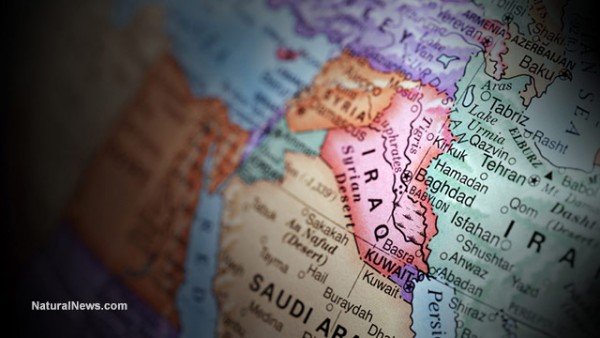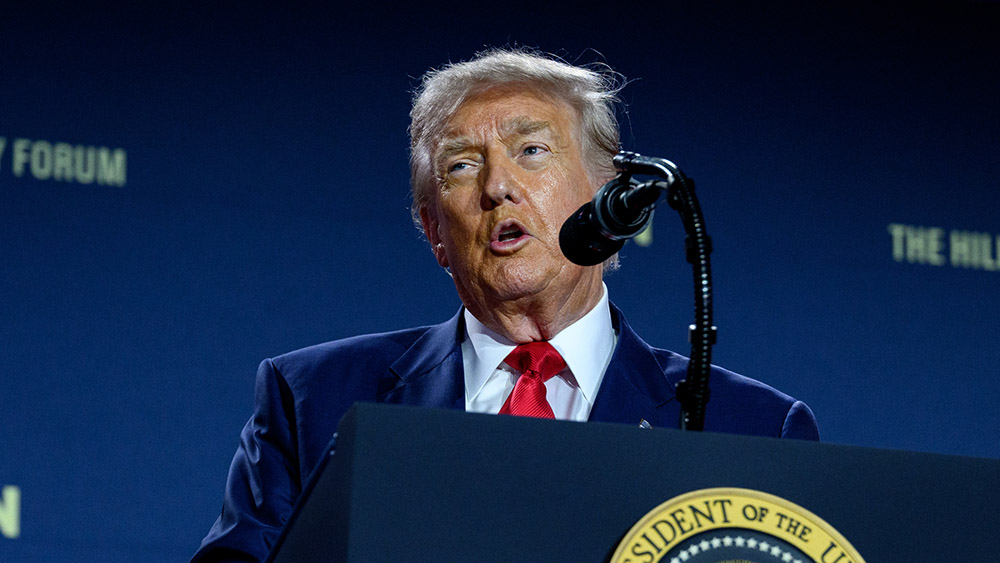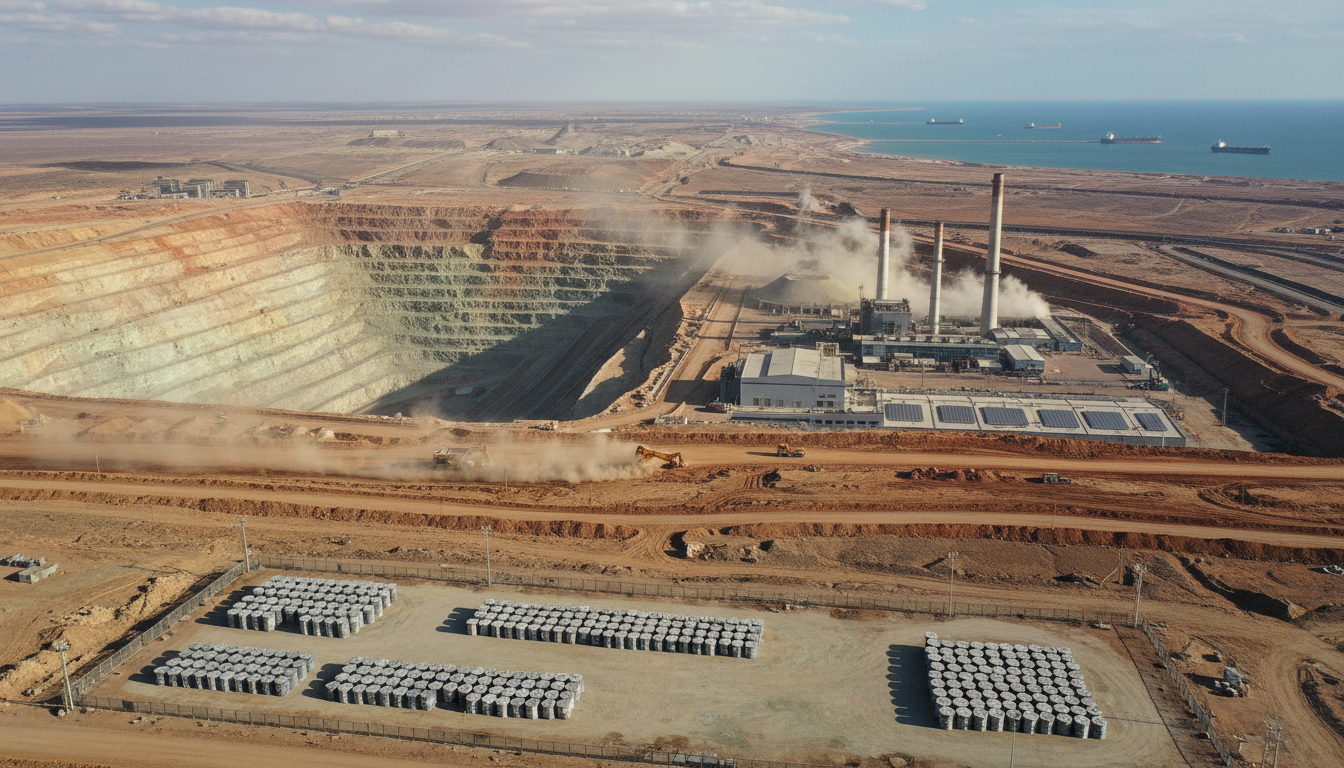 Parler
Parler Gab
Gab
- Iraq has achieved domestic self-sufficiency in key refined fuels, a move projected to save the nation nearly $10 billion annually in import costs.
- This milestone is part of a broader national strategy to end reliance on foreign imports and retain more of the nation's vast oil wealth, with a goal to have refined products make up 40 percent of crude exports by 2030.
- The drive for energy independence is reshaping Iraq's international alliances, exemplified by a major new deal with ExxonMobil to counterbalance the deepening influence of Chinese firms in the country's southern oil heartland.
- These developments occur against a historical backdrop where Iraq's immense oil reserves, estimated at 100 billion barrels, have long been viewed by Western powers as a strategic resource for global energy security.
The unspoken context of global oil politics
This push for energy autonomy cannot be divorced from the larger, often unspoken, story of global oil politics. In the mid-2000s, as the dust from the initial invasion was still settling, reports in publications like the New York Times circled a staggering figure: 100 billion barrels of oil lying beneath Iraqi soil. At a time when analysts fretted over the depletion of Saudi reserves, Iraq emerged in the strategic imagination of Western energy executives and governments as the great future prize. As scholar Michael T. Klare articulated in The Nation, this was part of a calculated American strategy: consume imported oil for as long as possible while jealously guarding domestic reserves for a rainy day or for a time when extraction became more profitable. In this context, Iraq’s oil was not just a commodity; it was a strategic asset deemed essential for maintaining corporate and national dominance well into the 21st century. Iraq’s current drive for self-sufficiency, therefore, is a direct challenge to that decades-old blueprint, an assertion that its resources will first and foremost serve its own national project.A delicate dance between the eagle and the dragon
This newfound assertiveness is most visible in Iraq’s delicate diplomatic dance, a high-stakes game of balance between American industry and Chinese investment. The recent, strategically timed agreement with ExxonMobil to manage the colossal Majnoon oilfield is a move rich with subtext. Exxon, one of the first Western giants to return after the 2003 invasion only to later exit citing poor returns, is now being welcomed back. The deal, covering not just field operations but critical upgrades to export infrastructure and profit-sharing, is a clear signal from Baghdad. As analyst Muwafaq Abbas noted, these deals "carry political weight, signalling Baghdad’s intent to rebalance regional ties and deepen its integration with western markets." It is a deliberate recalibration, an effort to ensure that no single foreign power holds unchecked influence over its economic lifeblood. Yet, even as Exxon returns, the landscape of southern Iraq is being fundamentally reshaped by Chinese ambition. While the West was once the primary outside actor, Chinese companies are now digging the foundations for the future. A $2.5 billion seawater distribution project by China Petroleum Pipeline Engineering and a $4 billion desalination plant contract secured by PowerChina are not mere construction jobs; they are the arteries and veins that will sustain Iraq’s oil production for decades. These projects grant Beijing a deep, structural foothold in the Iraqi energy sector, a form of influence that is both less overt and potentially more permanent than the contractual agreements of Western firms. Iraq is not choosing one side over the other; it is skillfully playing both, using Western partnerships to modernize and Chinese investment to build, all in service of its own goal to catapult production from four million to over six million barrels per day by 2029. Sources include: TheCradle.co TheCradle.co Bloomberg.comU.S. extends suspension of sanctions against Syria amid White House talks
By Patrick Lewis // Share
RFK Jr. navigates HHS challenges as grassroots AI and vaccine truth movements gain momentum
By Finn Heartley // Share
Federal appeals court strikes down Ohio school district’s “preferred pronouns” rule
By Ramon Tomey // Share
Supply chain warfare: China blocks rare earth exports to American military suppliers
By Kevin Hughes // Share
A new dawn: Turkey prepares historic law to repatriate exiled PKK fighters
By Zoey Sky // Share
Governments continue to obscure COVID-19 vaccine data amid rising concerns over excess deaths
By patricklewis // Share
Tech giant Microsoft backs EXTINCTION with its support of carbon capture programs
By ramontomeydw // Share
Germany to resume arms exports to Israel despite repeated ceasefire violations
By isabelle // Share










